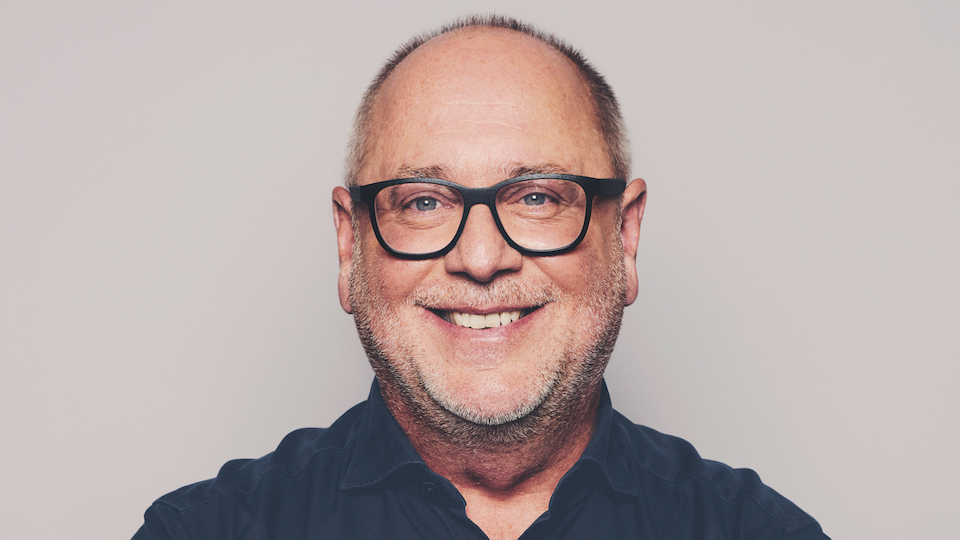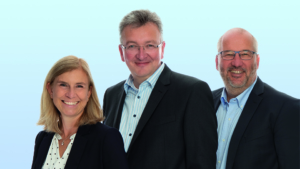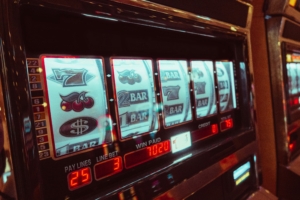
Unleashing the power of LNP encapsulation
The Covid-19 pandemic has changed perception of the value of rapid vaccine production, followed by multi-billion investments across the globe. While nanomedicines are receiving attention for enhancing stability and targeted activity of APIs, their broad availability currently suffers from the same production bottleneck as mRNA vaccines. Leon-nanodrugs, a pharma technology company, is developing a disruptive approach to unlock high-speed vaccine production.
EuroBiotech_What sets leon-nano-drugs’ (LEON) manufacturing technology for vaccines apart from what is currently on the market?
Nafe_Commercial-scale production of mRNA has been pursued for only a short time and under quite a lot of pressure from the Covid-19 pandemic. Successful production of mRNA vaccines requires the mRNA to be formulated into Lipid Nanoparticles (LNP). Naked mRNA degrades rapidly, causes serious side effects and cannot cross the cell membrane without delivery systems. LNPs are one such safe platform: Spherical entities comprise a protective lipid layer around the mRNA and allow mRNA to safely reach its target site and enable cell transfection.
While there are machines on the market that facilitate this process, and which have been used in the production of LNPs for COVID-19 mRNA vaccines, they suffer from several limitations: overly complex, cumbersome, investment intensive, inefficient and costly. Besides this, they require months of time to validate scale-up.
The special architecture of LEON’s proprietary encapsulation technology allows a seamless scale-up from lab to large-scale GMP production and protects mRNA integrity enabling manufacturing at educt concentrations much higher than possible with technologies currently available. The applicability of LEON’s technology goes beyond mRNA encapsulation, as it can be used for nano-formulation of a wide range of APIs.
EuroBiotech_How do you implement the technology to draw out the potential you have just described?
Nafe_We have developed two disruptive closed and aseptic working devices to realize the potential of our
NANOnow product platform: NANOus is our fully automated aseptic device for medium- to large-scale manufacturing of LNP-encapsulated APIs, such as mRNA vaccines. It enables about six to eight million vaccine doses to be processed per day. It is suitable for GMP manufacture and allows real-time release of batches by PAT. NANOus was designed to be used in a high-volume and commercial production setting.
NANOme will be the first fully GMP-compliant device, using single-use disposable kits to overcome the existing capacity bottleneck in personalised medicine and will also accelerate production of, e.g., CAR-T cell therapies.
As personalised treatments often need to be prepared for specific patients, a small device like NANOme can help reduce logistics, cost and time burden. Each NANOme encapsulation device will enable approximately 35,000 patient-related batches per year. The application is not limited to personalised medicine and can also make small biotechs more competitive by enabling in-house nano-formulation of their APIs for clinical trials.
EuroBiotech_Where do you currently stand in terms of development?
Nafe_LEON is in the last stage of product development. Currently, we are assembling our first NANOus device for commercial application, together with the leading German device manufacturer Harro Höfliger. We expect to be market-ready by Q4/2023. For our NANOme device, we are aiming at 2023 for production of our prototype and 2024 for market entry.
Christian Nafe serves as CFO at LEON since 2018, bringing in a wealth of experience from previous board-level positions including CEO and CFO, which he held at global companies for more than 25 years. With a focus on life sciences, he has successfully led the delivery of several M&As, financing rounds, license contracts and supply agreements.
This interview was originally published in European Biotechnology Magazine Winter Edition 2022.


 Immunic/Nela Dorner
Immunic/Nela Dorner
